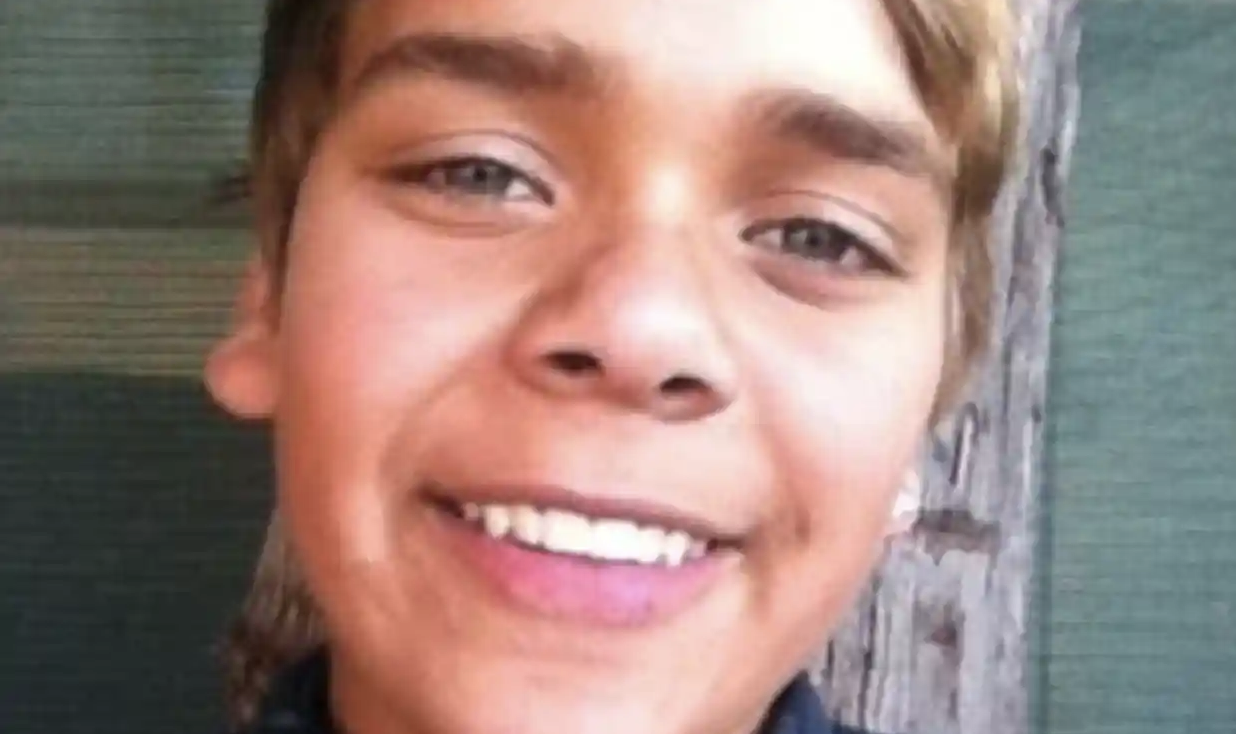According to the folksy writer Matthew Engel, the glories of the Olympic Games have a cathartic effect on nations. The 1984 Olympics in Los Angeles ‘helped the US regain the confidence it lost in Vietnam’.
He omitted to explain the benefits of this renewed confidence for the millions of bereaved, maimed and poisoned Vietnamese. As for the Sydney Olympics, he described a ‘glorious self-confidence’ that will ‘sustain Australia for years’.
There is no doubting the efficiency of the Sydney Olympics, the friendliness of the people, the beauty of the setting; but there was a political facade. Soon after the Aboriginal runner Cathy Freeman won her gold medal, the cabinet of John Howard’s government met in Canberra to mount yet another attack on her people by planning to change the Land Rights Act.
In 1998, the Howard government enacted legislation that effectively took away the common-law rights that the High Court said belonged to Aborigines. Nothing like it has been passed by a modern parliament. It is just one of the disgraces that has given Australia the distinction of being the only developed country whose government has been condemned as racist by the United Nations Committee on the Elimination of Racial Discrimination.
The UN has also called racist the mandatory sentencing laws in the Northern Territory and Western Australia, which have given black Australians an imprisonment rate at least as high as that of apartheid South Africa, and have been a primary cause of one of the highest suicide rates in the world, among young Aborigines. The Howard government’s response, on the eve of the Olympics, was to bar UN human rights officials from entering Australia and investigating further. Howard’s racist administration is a beneficiary of an Olympic Games that successfully co-opted Aboriginal motifs, culture and talent, leaving the question begging: if ‘glorious self-confidence’ can produce such brilliant organisation, why can’t the same energy and political will be applied to ending the shameful treatment of the first Australians?
Take sport, a passion of all races. Why are the annual Aboriginal Games in the Northern Territory, an event of great significance to black Australians, played in a dust bowl without the most basic facilities? There are no athletics tracks, no swimming-pools, no basketball court, often not even a set of goalposts. Professor Colin Tatz, author of Obstacle Race, a study of Aboriginal sport, told me: “I think most white Australians would weep if they were taken on a tour of black sporting Australia. There is a great push to have more and more Aboriginal athletes, more and more scholarships for an elite group, because it’s wonderful to say in the year 2000: ‘Look, we have half a dozen Aborigines in our briefcases, which shows that Australia makes no racial distinctions.’ But the Aborigines who represented Australia in the Olympics had to show three times as much talent in order to rate an equal place with whites. Cathy Freeman is the greatest thing that ever happened to white Australia, because this happy, delightful, fun-loving young lady looks as though she is the representative of all black womanhood. But she is not; she is an aberration.”
Professor Tatz is also the author of a monograph called Genocide in Australia, which concludes that, under international convention, Australia is guilty of at least two types of genocide: massacre (‘nigger hunts’ continued into the 1960s) and the theft of mixed-race children from the families: the ‘Stolen Generation’. Compared with the death of a third of world Jewry in the Holocaust, a majority of Aborigines are believed authoritatively to have died in the initial white invasion and appropriation. Partly to win over the million Australians who voted for Pauline Hanson’s overtly racist right One Nation Party, Howard has aggressively campaigned against the teaching of the rapacious past, deriding it as the “black armband view of history”. Last year, he abolished Abstudy, a programme designed to help Aboriginal people reach secondary and tertiary education. He holds the unique position of being the only leader of a white settler nation to refuse to apologise for the decimation of the original inhabitants. He and his ministers have caused widespread hurt among the survivors of the Stolen Generation by doubting their stories.
Last year, his Aboriginal affairs minister, John Herron, was guest of honour at a conference in a Sydney hotel attended by a group of revisionist commentators and academics whose reactionary views are reflected in Quadrant magazine. They discussed the ‘hoax’ of many of the Stolen Generation. The Australian equivalent of David Irving denialists, they are supported by the prime minister.On the eve of the Olympics, clearly timed to interest the foreign media, Quadrant mounted another conference, at which a little-known academic, Keith Windshuttle, set out to demolish the reputation of Professor Henry Reynolds, a pre-eminent historian, whose 1981 book The Other Side of the Frontier effectively broke the popular silence over the 19th-century assault on Aboriginal Australia.
Reynolds estimated that 20,000 Aborigines were killed by settlers: a figure Windshuttle accused him of inventing. Four historians came to Reynolds’s defence, describing the 20,000 as a conservative estimate of ‘massive violence and pitiless dispossession’. However, in a small elite not renowned for its bravehearts, the failure of others to speak out is striking. Olympic hype will not give Australia glorious self-confidence. Justice for its indigenous people might.



